The Concept of "Greater Israel": A Historical and Geopolitical Analysis
Related Articles: The Concept of "Greater Israel": A Historical and Geopolitical Analysis
Introduction
In this auspicious occasion, we are delighted to delve into the intriguing topic related to The Concept of "Greater Israel": A Historical and Geopolitical Analysis. Let’s weave interesting information and offer fresh perspectives to the readers.
Table of Content
The Concept of "Greater Israel": A Historical and Geopolitical Analysis

The term "Greater Israel" refers to a proposed territorial expansion of the State of Israel beyond its current borders, encompassing areas currently under the control of neighboring countries. While this concept has been debated for decades, it remains a highly sensitive and controversial topic due to its complex historical, political, and religious implications.
Historical Context:
The concept of "Greater Israel" originates from the Zionist movement, which emerged in the late 19th century as a response to antisemitism and the desire for a Jewish homeland. Early Zionist thinkers, drawing upon biblical narratives and historical claims, envisioned a Jewish state encompassing a larger territory than the current state of Israel. This vision was further fueled by the Balfour Declaration of 1917, which promised British support for the establishment of a Jewish national home in Palestine.
Post-1948 Developments:
The 1948 Arab-Israeli War, which followed the establishment of the State of Israel, resulted in the displacement of hundreds of thousands of Palestinians and the control of significant territories beyond the original UN partition plan. These territories, including the West Bank, Gaza Strip, Golan Heights, and parts of the Sinai Peninsula, became subject to ongoing disputes and conflicts.
The "Greater Israel" Map:
The concept of "Greater Israel" is often represented by a map depicting a territory that includes all of the disputed territories, as well as parts of Lebanon and Syria. This map, while not an official government policy, has been used by various groups and individuals to advocate for territorial expansion.
Political and Religious Dimensions:
The "Greater Israel" concept carries significant political and religious implications. For some, it represents a fulfillment of biblical prophecy and a return to a historical homeland. For others, it raises concerns about Palestinian rights, territorial integrity, and the potential for further conflict.
International Perspectives:
The international community generally rejects the concept of "Greater Israel" as it violates international law and principles of territorial integrity. The UN Security Council resolutions consistently condemn Israeli settlements in the occupied territories and call for a two-state solution, with an independent Palestinian state alongside Israel.
The Israeli Perspective:
Within Israel, there is a spectrum of views on "Greater Israel." Some political parties and groups advocate for territorial expansion, arguing for the need to secure Israel’s borders and protect its security. Others support a two-state solution, recognizing the Palestinian right to self-determination.
The Palestinian Perspective:
Palestinians view the "Greater Israel" concept as a threat to their national aspirations and a denial of their right to an independent state. They see it as a continuation of Israeli expansionism and a violation of their fundamental human rights.
The Road Ahead:
The concept of "Greater Israel" remains a highly contentious issue, fueling tensions and hindering the prospects for peace in the region. Achieving a lasting solution requires a commitment to dialogue, compromise, and respect for the rights of all parties involved.
FAQs about "Greater Israel":
1. Is "Greater Israel" an official policy of the Israeli government?
No, "Greater Israel" is not an official policy of the Israeli government. While some political factions advocate for territorial expansion, the government’s official position is based on the principle of a two-state solution.
2. What are the main arguments for and against "Greater Israel"?
Proponents of "Greater Israel" argue for historical and biblical claims, security concerns, and the need to protect Jewish interests. Opponents argue against it based on international law, Palestinian rights, and the potential for increased conflict.
3. What are the implications of "Greater Israel" for the Palestinian people?
The "Greater Israel" concept poses a serious threat to Palestinian aspirations for self-determination and statehood. It would likely lead to further displacement, dispossession, and denial of basic rights.
4. How does the international community view "Greater Israel"?
The international community generally rejects the "Greater Israel" concept, considering it a violation of international law and principles of territorial integrity.
5. Is there any hope for a peaceful resolution to the Israeli-Palestinian conflict?
Achieving a lasting peace requires a commitment to dialogue, compromise, and respect for the rights of all parties involved. While the path towards peace is complex, it is not impossible.
Tips for Understanding "Greater Israel":
- Engage with diverse perspectives: Explore viewpoints from both Israeli and Palestinian perspectives, as well as international actors.
- Consult reputable sources: Rely on credible news outlets, academic journals, and think tanks for information.
- Understand historical context: Gain a deeper understanding of the historical roots of the conflict.
- Consider the ethical implications: Reflect on the moral and ethical dimensions of the "Greater Israel" concept.
Conclusion:
The "Greater Israel" concept remains a complex and controversial issue with profound historical, political, and religious implications. While it may hold symbolic significance for some, it is crucial to understand its potential consequences for regional stability, human rights, and the prospects for a peaceful resolution to the Israeli-Palestinian conflict. A lasting solution requires a commitment to dialogue, compromise, and respect for the rights of all parties involved.

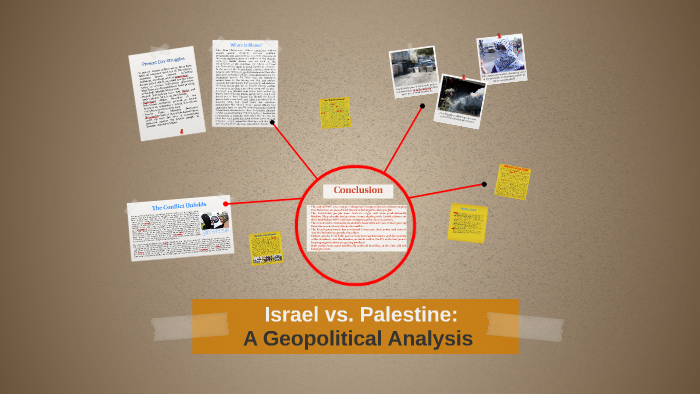
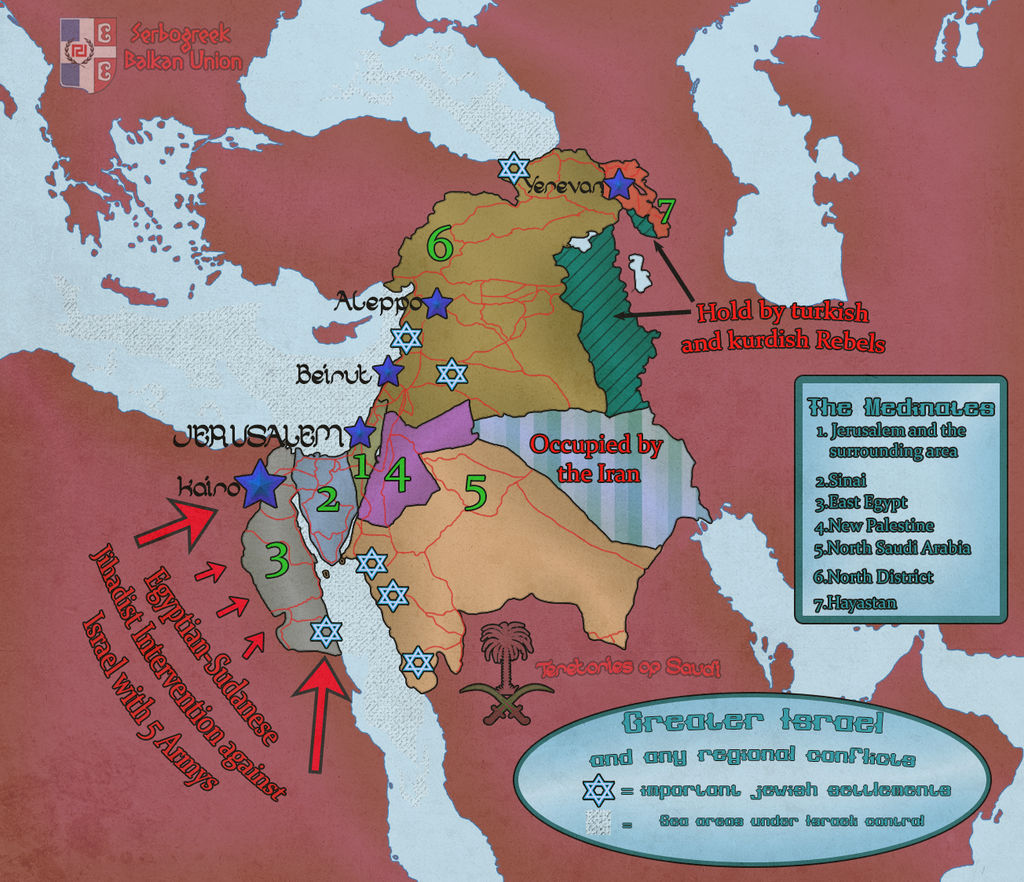
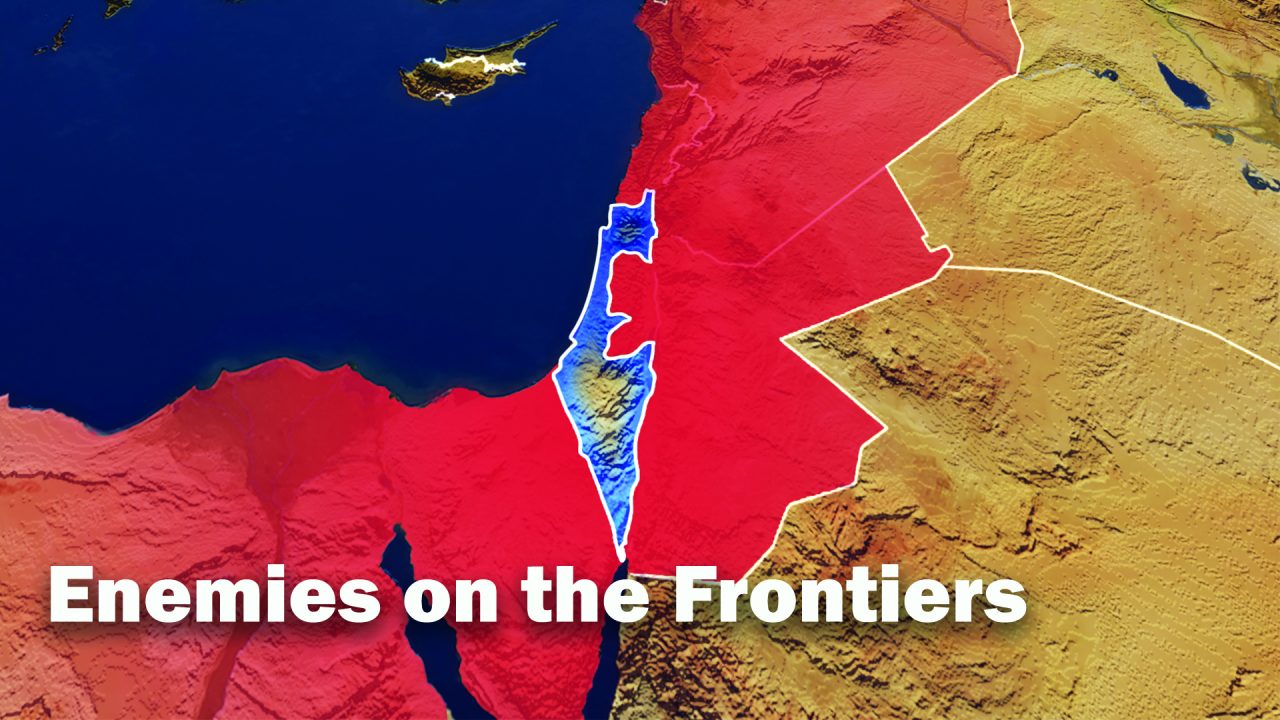
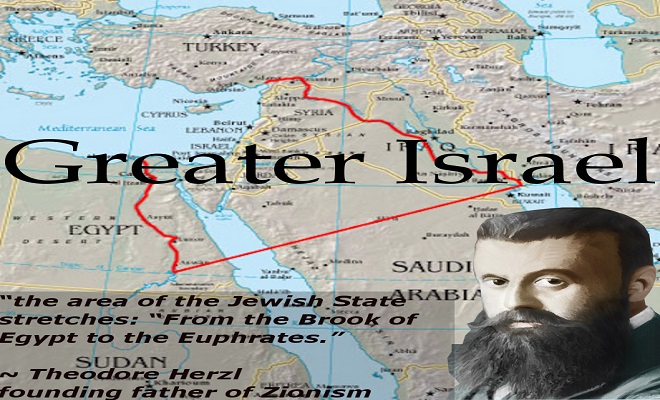

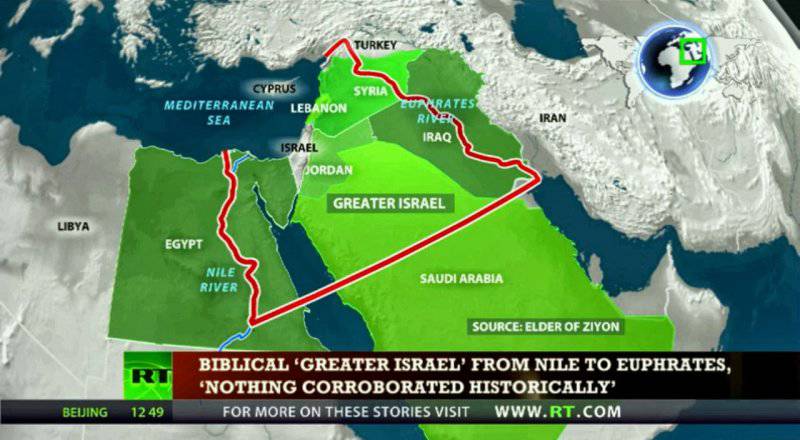

Closure
Thus, we hope this article has provided valuable insights into The Concept of "Greater Israel": A Historical and Geopolitical Analysis. We hope you find this article informative and beneficial. See you in our next article!